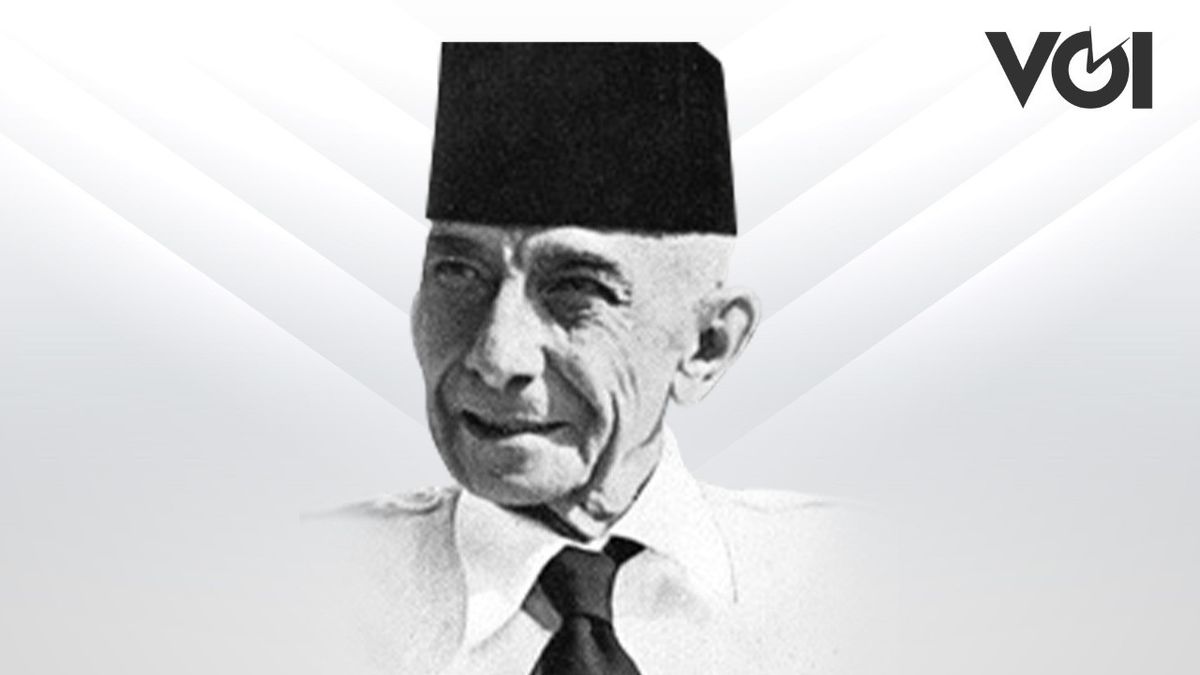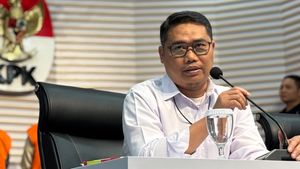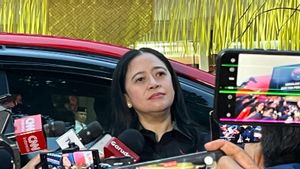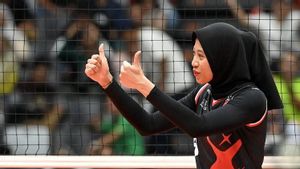JAKARTA - His stature can be foreigners. And he is not one hundred percent bumiputra. But his spirit is so indigenous. He was Ernest Douwes Dekker. Known as the founder of the first political party in Indonesia, the man of Dutch blood is known as the driving force of the Indonesian revolution. He did many other influential things for this country.
Ernest Douwes Dekker belongs to the Indo group. His mother has Indonesian blood, which makes him not purely Dutch. However, Ernest Douwes Dekker still belongs to the European class. That is why he also managed to enter the elite Gymnasium Koning Willem III School in Salemba.
His status as 'Dutchman' did not make him superior. In fact, Ernest Douwes Dekker's thoughts for the Indonesian revolution were more than that of many other natives. This was proven by the union of Ernest Douwes Dekker with Tjipto Mangonkoesoemo and Soewardi Soerjaningrat. The three of them were known as a triad and succeeded in establishing the first political party in Indonesia, the Indische Partij (Hindia Party).
Quoting from the book Douwes Dekker: The Inspirator and the Revolution, the three of them have known each other since Ernest Douwes Dekker became the main editor of Bataviaasch Nieuwsblad, a Dutch language newspaper in Indonesia. The newspaper attracted the attention of doctors because it was considered an independent newspaper. From there the friendship between Douwes Dekker, Tjipto Mangoenkoesoemo and Soewardi Soerjaningrat was established.
Ernest Douwes Dekker saw discrimination and racism against Indo people. This is so disturbing for Ernest Douwes Dekker who upholds equality between the Londo, Indo, and the natives. Through the Indische Partij, Ernest Douwes Dekker encouraged the "Theosophical Movement". The Theosophical Movement often uses two wayang figures to convey messages: Kresna and Arjuna, who are also symbols of the Indische Partij.
The Indische Partij was established not only for Indo people, but for the sake of facilitating the natives as well. On 15 September 1912, Ernest Douwes Dekker even visited several areas in Java to introduce Indische Partij.
His first stop was Yogyakarta. While on the train, Ernest Douwes Dekker loudly delivered a fiery "sermon". "Brother, we are generally considered lazy, apathetic creatures suffering from many bad habits. But I can see that all of you have woken up so early against the so severe accusations of the Dutch doctors that we are lowly Indiers."
Ernest Douwes Dekker then headed for another city, namely Surabaya. He received a very good reception. His arrival even attracted many new members to the Indische Partij. Indigenous and Chinese communities joined in. Ernest Douwes Dekker's safari ends in Tegal and Cirebon. After that, he returned to Bandung on October 22, 1912.
The success of this trip led Ernest Douwes Dekker to go on a political safari to other areas, namely Jakarta, Kendal, Kudus, Jombang, Solo and Serang. Right on Christmas, 25 December 1912, the Indische Partij held a big meeting, at which Ernest Douwes Dekker announced the party budget. He also announced the management of the party, appointing Tjipto Mangoenkoesoemo as deputy chairman to accompany him.
Journalistic Pen ResistanceErnest Douwes Dekker often changed professions. However, he attached his heart to the journalistic profession. At the age of 14, Ernest Douwes Dekker managed to write a book entitled Gedenkboek van Lombok. In this book, Ernest Douwes Dekker tells about the beauty of the land of Lombok.
He continued to hone his writing talent until 1899 when he moved to South Africa. Ernest Douwes Dekker went to South Africa to volunteer in the Boer Wars. While in South Africa, Ernest Douwes Dekker sent a letter to his friends in Batavia.
The writings of Ernest Douwes Dekker describing the circumstances of the Boer War - such as his travels across India, Aden and East Africa - were published in the Bataviaasch Nieuwsblad. The article caught the attention of De Locomotief leaders Pieter Brooshoft and Vierhout. After returning from South Africa, Ernest Douwes Dekker was offered to become the correspondent of Batavia. Ernest Douwes Dekker also took the opportunity.
When he was a journalist, Ernest Douwes Dekker did not hesitate to criticize the Dutch East Indies government. For example, when Ernest Douwes Dekker criticized the ethical politics that divided indigenous peoples. Not a few Dutch figures responded to Ernest Douwes Dekker's writing by calling him an opportunist, adventurer, even 'the bastard'.
Because he often received threats and hatred from the Dutch East Indies Government, Ernest Douwes Dekker then wrote news with his initial name 'DD', which later became his nickname. Ernest Douwes Dekker's journalistic career continues to soar. He is a correspondent for various newspapers in Bandung and Sumatra.
He succeeded in becoming the main editor of the Bataviaasch Nieuwsblad at the age of 28. However, Ernest Douwes Dekker was not long in the Bataviaasch Nieuwsblad. He decided to leave after fighting with the editor in chief of the media. Having no job, Ernest Douwes Dekker decided to move to the Netherlands.
However, the Dutch colonialism in Indonesia continued to harass him. Ernest Douwes Dekker decided to return to Batavia immediately. He then published the Het Tijdchrift newspaper. The newspaper contains writings on nationalism.
Ernest Douwes Dekker later also published De Expres. The newspaper was the last he created, which later became the official media for the Indische Partij. Ernest Douwes Dekker, alternating with Tjipto Mangoenkoesoemo and Soewardi Soerjaningrat wrote articles that often criticized the Netherlands and fostered nationalism.
All the efforts made by Ernest Douwes Dekker to show that Dutch blood on his body did not mean that he had to agree with Dutch colonialism. In fact, Ernest Douwes Dekker often claims to be Javanese because he grew up and lives in Indonesia. His courage against racial injustice and against Dutch authoritarianism was able to transmit the love of the Indonesian people to their country.
The English, Chinese, Japanese, Arabic, and French versions are automatically generated by the AI. So there may still be inaccuracies in translating, please always see Indonesian as our main language. (system supported by DigitalSiber.id)













